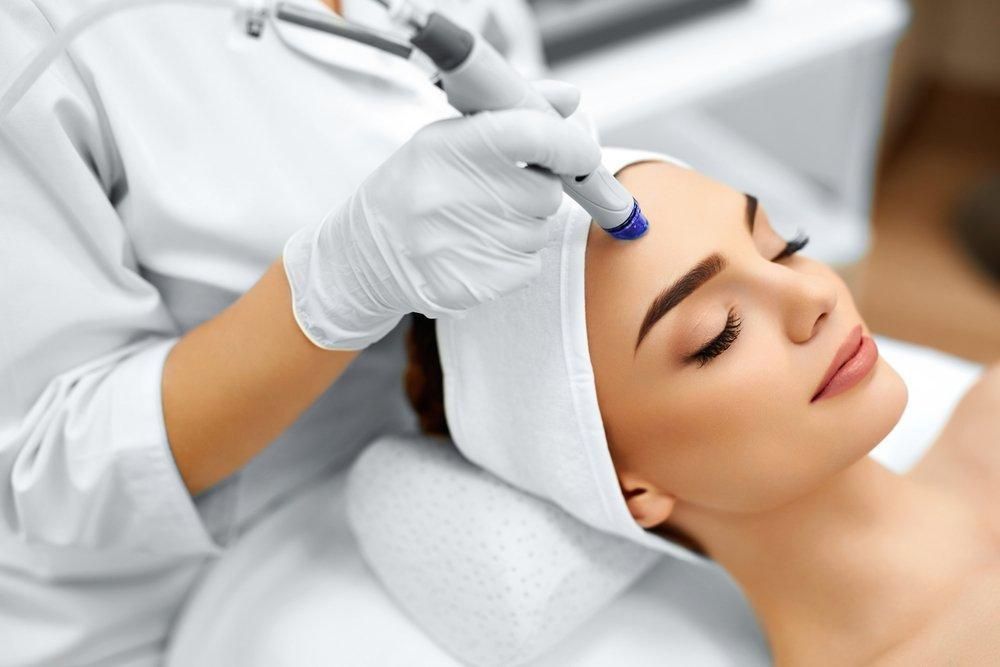Peptide Therapy: Exploring Benefits, Uses, and Emerging Trends
In the realm of modern healthcare and wellness, a groundbreaking approach known as peptide therapy is garnering attention. This advanced treatment leverages the power of peptides, signaling molecules found naturally in the body, to enhance various physiological processes. In this comprehensive guide, we delve into the world of peptide therapy, uncovering its potential benefits, applications, and the evolving landscape of scientific research.

Understanding Peptides and Therapy:
What are Peptides?
Peptides are short chains of amino acids, often referred to as the building blocks of proteins. Beyond their role in protein synthesis, peptides serve as vital messengers in cell communication. They play a pivotal role in regulating numerous functions within the body, ranging from hormone production to immune response modulation.
Exploring Peptide Therapy:
Peptide therapy is a targeted treatment approach that harnesses the unique properties of peptides to address specific health concerns. Unlike traditional pharmaceuticals, which often come with a range of side effects, peptide therapy offers a more tailored and precise approach to achieving wellness. By leveraging the body’s natural signaling mechanisms, peptide therapy holds promise in a wide range of applications, making it a focus of increasing interest within the medical community.
Benefits of Peptide Therapy:
Enhanced Muscle Recovery:
Peptides have demonstrated the potential to accelerate muscle recovery and growth. Specifically, certain peptides stimulate the production of growth factors that aid in tissue repair. Athletes and fitness enthusiasts are increasingly exploring peptide therapy to optimize their training outcomes and minimize downtime between intense workouts.
Anti-Aging Properties:
The pursuit of youthful skin and vitality has led to the discovery of peptides with remarkable anti-aging properties. Peptides like collagen-boosting peptides and elastin-stimulating peptides contribute to improved skin texture and reduced fine lines. By encouraging the production of essential proteins, peptide therapy may provide a natural and rejuvenating approach to skincare.
Cognitive Support:
Peptides are also venturing into the realm of cognitive health. Peptides with potential cognitive-enhancing effects are being investigated for their ability to support brain function and mental clarity. As research progresses, these peptides could play a role in addressing cognitive decline and promoting overall brain health.
Hormone Regulation:
Another captivating aspect of peptide therapy is its potential to influence hormone regulation. Certain peptides interact with the endocrine system, potentially aiding in the balance of key hormones. This has implications for conditions such as thyroid imbalances and hormonal disorders, opening up new avenues for treatment.
Emerging Trends and Research:
Cutting-edge Research:
In recent years, scientific interest in peptide therapy has surged. Researchers are delving into the intricate mechanisms through which peptides impact the body’s functions. From immune modulation to tissue repair, the breadth of peptide effects is fueling an array of studies aimed at unlocking new therapeutic possibilities.
Personalized Healthcare:
The rise of personalized medicine aligns seamlessly with the principles of peptide therapy. By targeting specific cellular processes, peptide treatments can be tailored to individual needs. This personalized approach to healthcare is reshaping how medical professionals approach patient treatment plans.
Potential Risks and Considerations:
Consultation with a Professional:
While the potential benefits of peptide therapy are captivating, it’s crucial to underscore the importance of seeking professional guidance. Before embarking on peptide therapy, consulting with a qualified healthcare provider is essential. A thorough evaluation ensures that the treatment aligns with your unique health needs and goals.
Safety and Side Effects:
As with any medical intervention, peptide therapy comes with considerations. While many peptides have shown promise in clinical settings, potential risks and interactions should be taken into account. Working closely with a medical expert helps navigate potential side effects and ensures a safe and effective treatment experience.
Peptide Therapy: Frequently Asked Questions
Q1: What is peptide therapy?
A1: Peptide therapy is a medical approach that utilizes specific peptides, short chains of amino acids, to target various physiological processes and address health concerns.
Q2: How do peptides work in the body?
A2: Peptides act as signaling molecules, influencing cellular communication and regulating processes like hormone production, immune response, and tissue repair.
Q3: What are the potential benefits of peptide therapy?
A3: Peptide therapy may offer benefits such as enhanced muscle recovery, anti-aging effects, cognitive support, hormone regulation, and more.
Q4: Is peptide therapy safe?
A4: When administered under the guidance of a qualified healthcare provider, peptide therapy is generally considered safe. However, potential risks and interactions should be assessed.
Q5: What conditions can peptide therapy address?
A5: Peptide therapy has shown potential in addressing conditions related to muscle recovery, skin health, cognitive function, hormone imbalances, and more.
Q6: Can peptide therapy replace traditional medical treatments?
A6: Peptide therapy is a complementary approach that may enhance traditional treatments. Consultation with a healthcare provider is essential for integrated care.
Q7: How are peptide therapies administered?
A7: Peptide therapies can be administered through injections, topical applications, or oral forms, depending on the specific peptide and its target.
Q8: Is peptide therapy personalized for each individual?
A8: Yes, peptide therapy aligns with the trend of personalized medicine. Treatment plans are tailored to individual needs and health goals.
Q9: Are there any potential side effects of peptide therapy?
A9: While many people tolerate peptide therapy well, potential side effects and interactions should be discussed with a healthcare provider.
Q10: How do I know if peptide therapy is right for me?
A10: If you’re interested in peptide therapy, consult a qualified healthcare provider. They can assess your health status and guide you toward informed decisions.
Conclusion
Peptide therapy represents a frontier in healthcare, where science and innovation converge to provide targeted and personalized treatment options. From muscle recovery to cognitive support, the potential applications of peptide therapy are far-reaching. As ongoing research unveils the intricacies of peptides and their effects, the journey of exploration continues. By staying informed and collaborating with medical professionals, individuals can tap into the potential benefits of peptide therapy while prioritizing their well-being and vitality.




